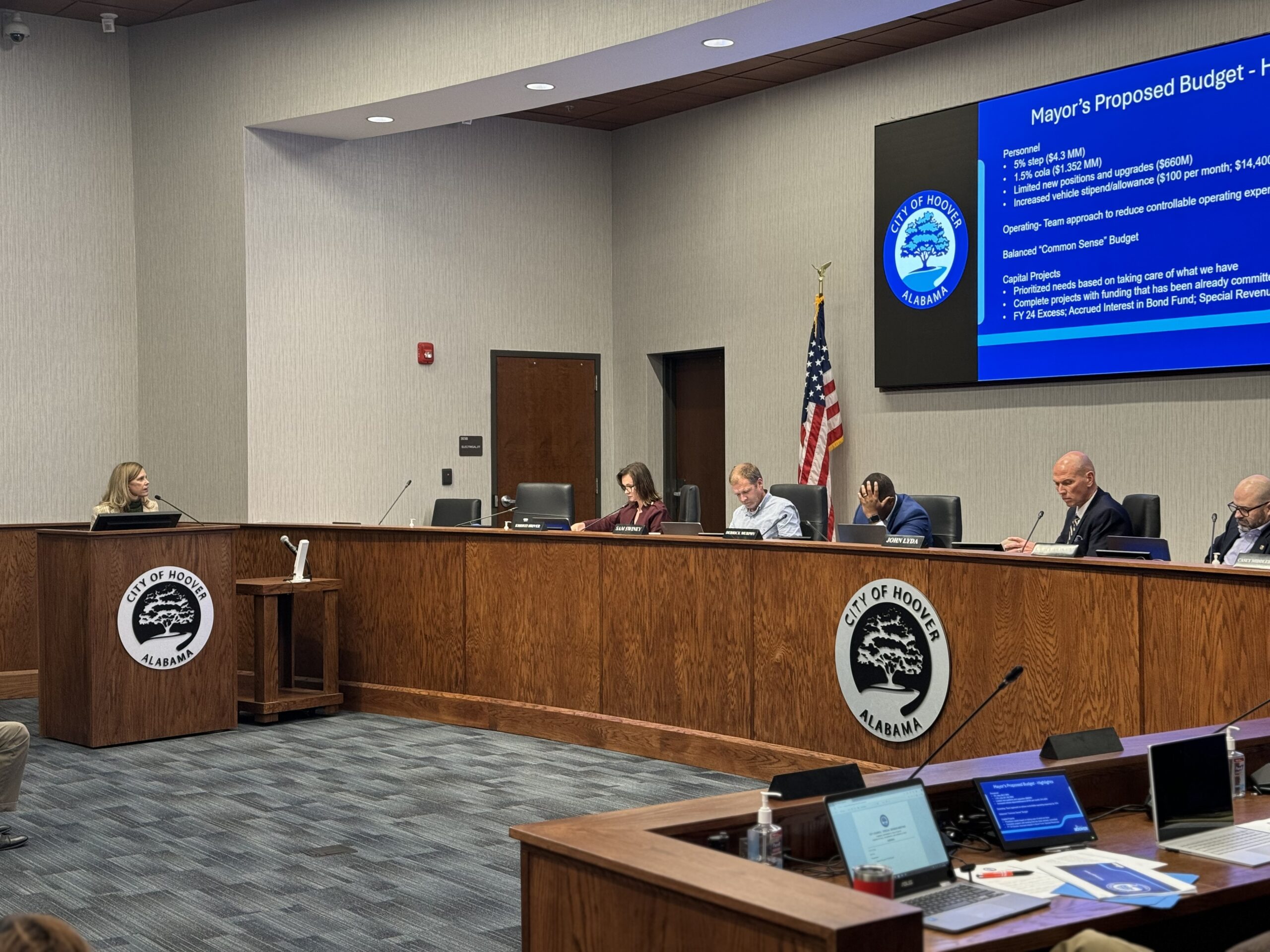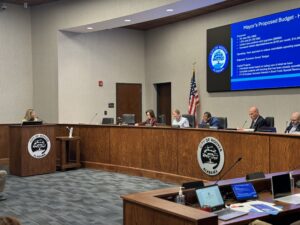The Alabama Legislature convened Thursday for a special session on drawing the state’s legislative, school board, and congressional districts, although many expect the issue will ultimately be headed for federal court.
The Legislature is expected to maintain a firm Republican majority under the proposed maps, but some Democrats have raised concerns that the proposed lines don’t reflect a state that has grown more diverse.
“We’ve done our best. It’s a balancing act on getting the votes and complying with the courts,” said Republican Sen. Jim McClendon, the co-chair of the Joint Legislative Reapportionment Committee.
There is already an existing lawsuit arguing that the state, which has a population that is about 26% Black, should have a second congressional district with a significant African-American population. The seven-member delegation has for decades consisted of a single African American, elected from the only district with a majority Black population. The district is now represented by Rep. Terri Sewell.
The GOP-controlled Legislature in 2017 had to redraw legislative maps under court order to fix racial gerrymandering in 12 districts. The ruling came after Black lawmakers filed a lawsuit challenging the maps as “stacking and packing” Black voters into designated districts to make neighboring districts whiter and more likely to elect conservative Republicans.
House Minority Leader Anthony Daniels said there are concerns about the proposed districts in the House of Representatives, noting that almost all Republican districts have no less than 60% of one race.
“Is that not packing?” Daniels asked.
Daniels said that if the goal is to have a community where “no one really sees race and color long term,” then “we have to make sure that our representatives have constituencies that reflect what the future of this state and this country is going to be.”
This will be the first full redistricting process that doesn’t require pre-clearance from the Department of Justice, a condition that was instituted under the Voting Rights Act in 1965 in mostly Southern states with a history of voting rights violations. The U.S. Supreme Court effectively ended the requirement in 2013 when it ruled the federal government was using an outdated method to decide which states were subject to it.
McClendon said that, even without the requirement, lawmakers were careful to comply with the Voting Rights Act and related court rulings.
House Speaker Mac McCutcheon acknowledged that, as in past years, there will probably be some court challenges to the plan.
“We’re going to allow the process to work. We’re listening to everyone,” he said.
Related
Share via:














